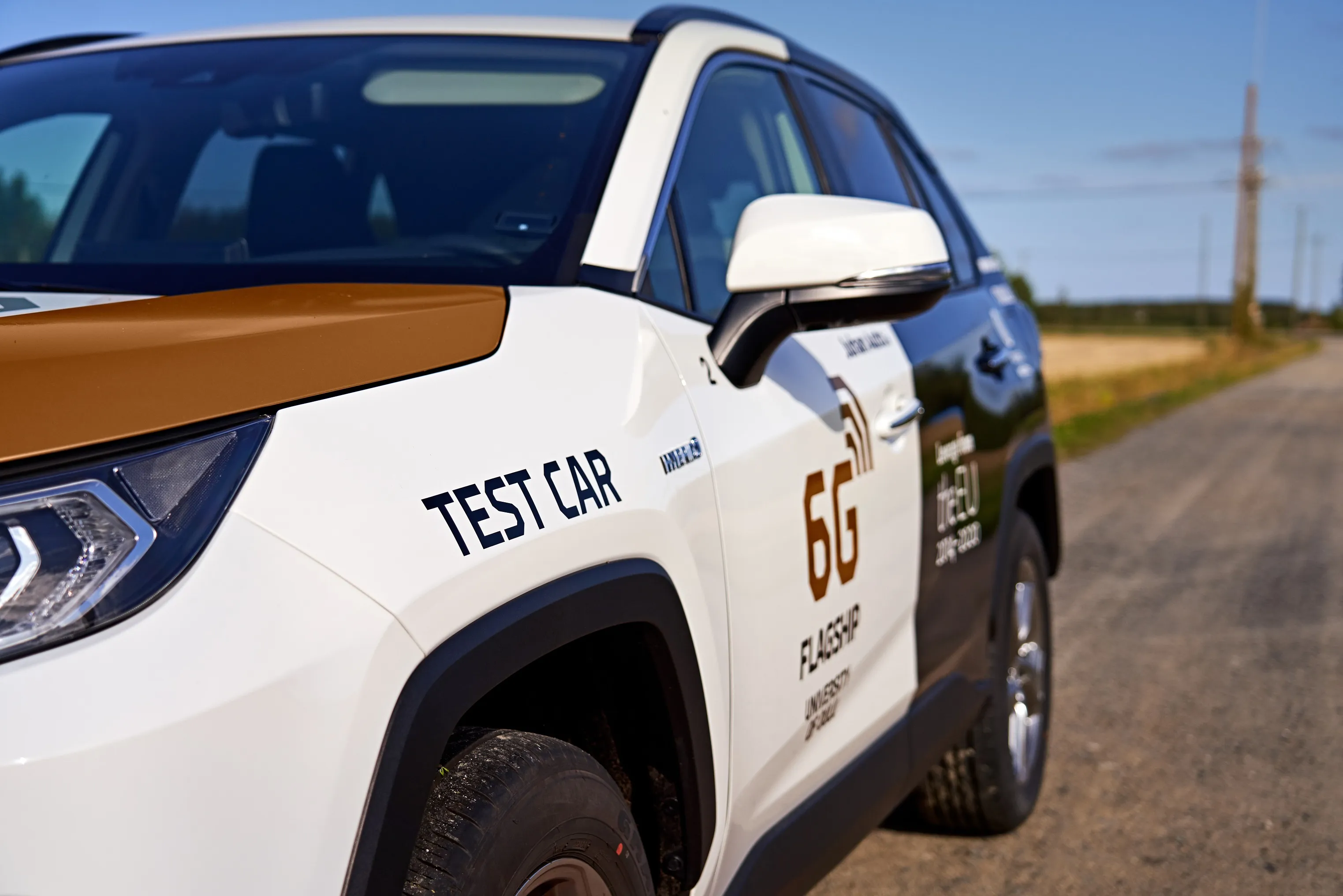The smart transport corridor between Helsinki in Finland and St Petersburg in Russia will bring new services for passengers, car drivers and public transport. Development of the Vedia multi-service concept, led by VTT Technical Research Centre of Finland and Vediafi, unites newly opened mobile services that will result in smoother passenger traffic across the Finnish–Russian border and enhance passenger experience and traffic safety.
Vedia multi-service is a key element of the Finnish–Russian intelligent
April 16, 2014
Read time: 2 mins
The smart transport corridor between Helsinki in Finland and St Petersburg in Russia will bring new services for passengers, car drivers and public transport. Development of the Vedia multi-service concept, led by 814 VTT Technical Research Centre of Finland and Vediafi, unites newly opened mobile services that will result in smoother passenger traffic across the Finnish–Russian border and enhance passenger experience and traffic safety.
Vedia multi-service is a key element of the Finnish–Russian intelligent transport spearhead project which will create new intelligent transport services for passenger traffic crossing the border, in a collaboration involving authorities, research institutes and enterprises.
The first phase of services include information in road weather and driving conditions, an automatic system issuing bulletins and warnings on traffic disruption, a real-time traffic and congestion information service, and a public transport information service. This service will be available to road and railway transport users, but will later also cover other forms of transport.
For train travellers, Vedia services will become available in the fast Allegro trains between Helsinki and St Petersburg. The services will be implemented on the Finnish National Railway Company on-board wireless internet and will provide passengers with additional information on journey progress, train station bulletins, news headlines, weather information, and connecting traffic data at the destination via smart phones and mobile devices. Vedia services will be produced on board the train and so will be unaffected by poor reception, particularly in the border zone.
The pilot solution is based on open data exchange in which cooperation is being built between the authorities and enterprises in both countries. This will allow traffic and road condition information to be made available to consumers, for example, via Finland’s Rajaliikenne.fi road informatio0n service and Vedia applications. Other additions to the service will include an online translation service and public transport information that will introduce connecting traffic as part of the application. In addition Vedia’s mobile SMS payment system can be used to pay for single rail tickets within Helsinki.
A service consortium, For Vedia, has been established to implement the services, including about a dozen companies both in Finland and Russia. The implementing consortium will be managed by Vediafi.
Vedia multi-service is a key element of the Finnish–Russian intelligent transport spearhead project which will create new intelligent transport services for passenger traffic crossing the border, in a collaboration involving authorities, research institutes and enterprises.
The first phase of services include information in road weather and driving conditions, an automatic system issuing bulletins and warnings on traffic disruption, a real-time traffic and congestion information service, and a public transport information service. This service will be available to road and railway transport users, but will later also cover other forms of transport.
For train travellers, Vedia services will become available in the fast Allegro trains between Helsinki and St Petersburg. The services will be implemented on the Finnish National Railway Company on-board wireless internet and will provide passengers with additional information on journey progress, train station bulletins, news headlines, weather information, and connecting traffic data at the destination via smart phones and mobile devices. Vedia services will be produced on board the train and so will be unaffected by poor reception, particularly in the border zone.
The pilot solution is based on open data exchange in which cooperation is being built between the authorities and enterprises in both countries. This will allow traffic and road condition information to be made available to consumers, for example, via Finland’s Rajaliikenne.fi road informatio0n service and Vedia applications. Other additions to the service will include an online translation service and public transport information that will introduce connecting traffic as part of the application. In addition Vedia’s mobile SMS payment system can be used to pay for single rail tickets within Helsinki.
A service consortium, For Vedia, has been established to implement the services, including about a dozen companies both in Finland and Russia. The implementing consortium will be managed by Vediafi.










